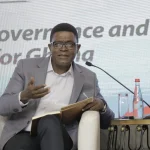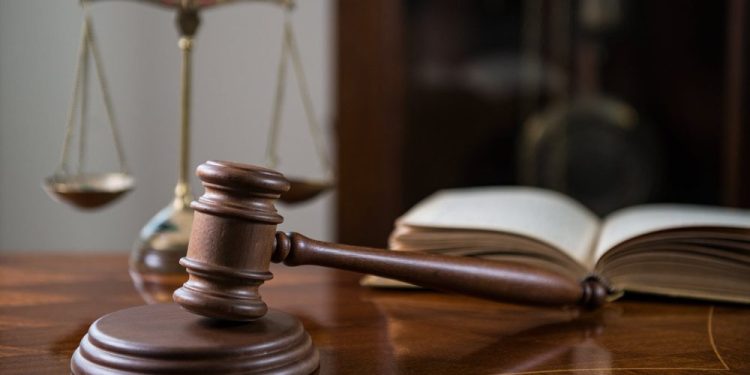The Economic Community of West African States (ECOWAS) has suspended Mali’s membership from the regional bloc after a second coup within nine months.
The decision takes immediate effect after leaders held a Summit in Accra presided by Chairman of ECOWAS, President Akufo-Addo.
“The suspension from ECOWAS takes immediate effect until the deadline of the end of February 2022 when they are supposed to hand over to a democratically elected government,” Minister of Foreign Affairs Shirley Ayorkor Botchwey explained after the meeting.
“One of the decisions of the Heads of State is that they should ensure that in the next few days a civilian prime minister is put in place to form the next government,” she added.
“Unfortunately, this has happened, and it is incumbent on the Heads of State to look at the whole situation so that it doesn’t happen again and also to safeguard the security situation in the whole of West Africa,” she explained.
What happened in Mali?
The Malian military, led by 37-year-old Col Assimi Goïta on August 18, 2020, tossed out Malian President Ibrahim Boubacar out of office with the tacit endorsement of an angry civilian population.

Before then, Col Goïta had been commander of a special forces battalion based in Mali’s Center region.
In September 2020, President Akufo-Addo and his equals in ECOWAS met the military leaders to charter a path for the country’s return to democracy.
Decisions at the meeting included a demand on the Malian authorities to ensure that the Transition Government was civilian-led and should last for a period of 18 months, with effect from September 15, 2020.
An interim transition team was installed led by a civilian.
However, on Monday, May 24, the two men tasked with steering the country back to civilian rule, interim President Bah Ndaw and Prime Minister Moctar Ouane, were arrested and detained by soldiers.
Mali’s constitutional court named the leader of the country’s military coup, Colonel Assimi Goïta, as its transitional president.
Col Goïta had already declared himself interim president on Wednesday, two days after seizing power in Mali’s second coup less than a year.
The court said Friday’s decision was due to the “vacancy in the presidency”.
Col Goïta said that both men had failed in their duties and sought to sabotage the country’s transition.
Full list of resolutions at ECOWAS Summit
After the presentation of the report by H.E. Goodluck Ebele Jonathan, former President of the Federal Republic of Nigeria and ECOWAS Special Envoy and Mediator to Mali, the Heads of State expressed strong and deep concerns over the present crisis in Mali, which is coming halfway to the end of the agreed transition period, in the context of the security challenges related to incessant terrorist attacks and the Covid-19 pandemic with its dire socio-economic impacts.
The Heads of State demanded the immediate release of the former President and Prime Minister of the Transition, who are being kept under house arrest.
The Heads of State strongly condemned the recent coup d’etat, which violates the decisions taken at the extraordinary Summit held at the Peduase Lodge, Aburi, Ghana, on September 15, 2020, and a violation of the Transition Charter.
After extensive discussions on the situation in Mali, the Heads of State and Government took the following decisions:
- Reaffirm the importance and necessity of respecting the democratic process for ascending to power, in conformity with the 2001 ECOWAS Protocol on Democracy and Good Governance. They particularly condemn all actions that led to ongoing instability in Mali and its attendant consequences in the region;
- Decide to suspend Mali from ECOWAS Institutions in line with ECOWAS provisions;
- Call for a new civilian Prime Minister to be nominated immediately;
- A new inclusive government should be formed to proceed with the transition programme;
- Reaffirm the need to respect the transition period of 18 months decided in Accra. In this context, the date of 27th February 2022 already announced for the Presidential election should be absolutely maintained. A monitoring Mechanism will be put in place to this effect;
- Reiterate the earlier decisions that the Head of the transition, the Vice-President and the Prime Minister of the transition should not, under any circumstances, be candidates for the forthcoming Presidential election;
- Reaffirm ECOWAS’ support to accompany the transition process in Mali.
- Urge all international partners (the African Union, the United Nations, and the European Union) to continue to support Mali towards the successful implementation of the transition;
- Congratulate and encourage the Mediator to persevere with his mediation efforts and remain seized of the situation in Mali through the Local Monitoring Committee.
















